8. A Fantastic Woman (Sebastián Lelio, Chile/Germany/USA/Spain)
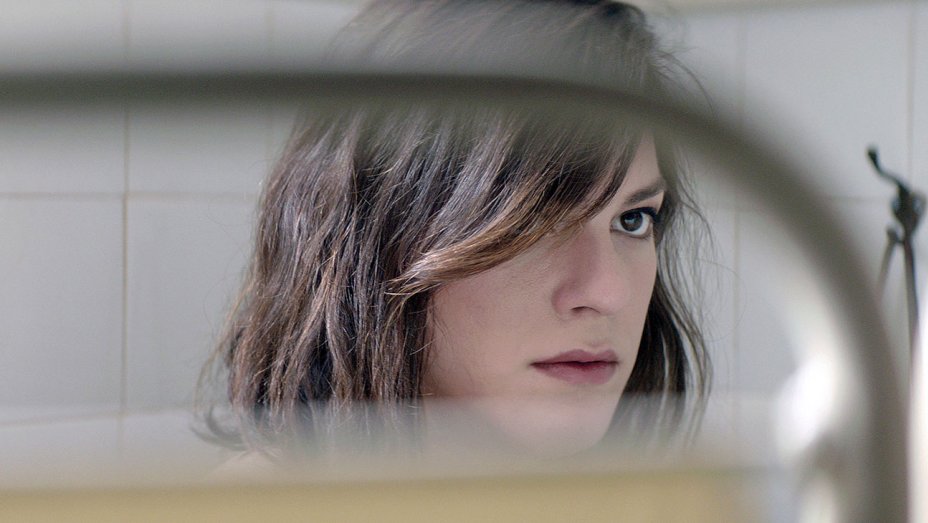
“I look at you,” says Sonia (Aline Küppenheim) to aspiring singer Marina Vidal (Daniela Vega), “and I see a chimera,” in Sebastián Lelio’s luminous new film, A Fantastic Woman.
Marina, isn’t just a struggling singer who has to make ends meet via a soul-sucking waitressing stint, she’s also transgender woman and she has just suddenly lost the love of her life, a much older (by 20 odd years) man named Orlando (Francisco Reyes).
Facing scorn and discrimination anew after Orlando’s sudden and unexpected passing (Orlando’s ex-wife, his doctor, and his adult son are adamantly untrusting of her), but she also has an inner strength and enough people on her side to help her navigate some rocky shores.
Vega’s performance is unerring and resolute and her personal process of grieving and grace underscores what the title proclaims with affection; that she’s a fantastic woman. A ravishing transgender drama and a yardstick against all such films must be measured, this is Lelio’s masterpiece.
7. Lady Bird (Greta Gerwig, USA)
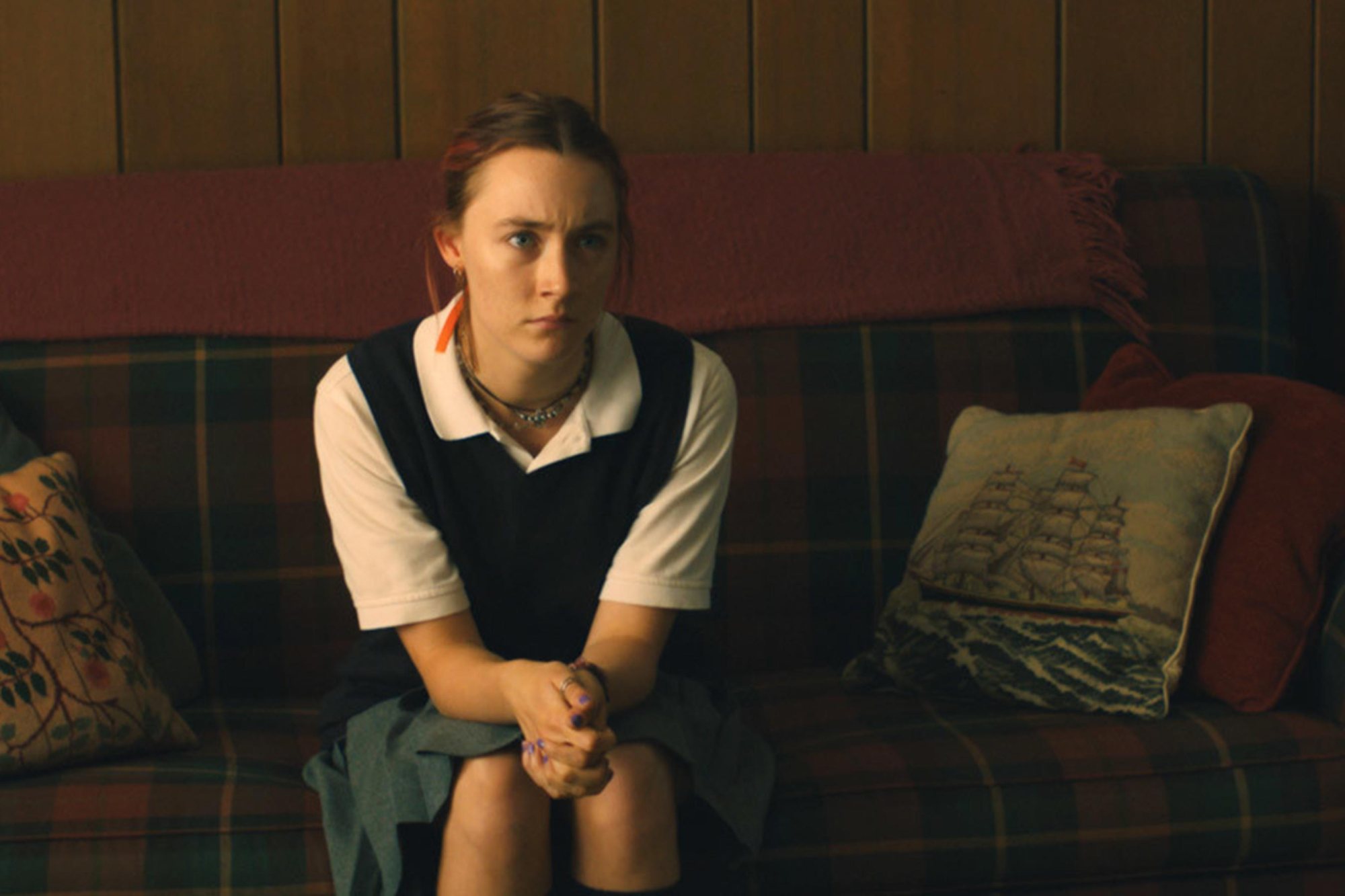
Delving into equal parts poignancy and playfulness with surety and poise, Greta Gerwig makes an impressive and unhesitating directorial debut with the charismatic coming-of-age comedy Lady Bird.
Set in Sacramento, California in 2002, in the umbrage of post-9/11 America and the uneasy economy that came with it, Lady Bird limns the often bitter bonds between break loose seventeen-year-old Christine “Lady Bird” McPherson (Saoirse Ronan) and her strenuous mother, Marion (Laurie Metcalf).
“Aren’t they the same thing; love and attention?” asks the mother superior (Lois Smith) of Lady Bird’s Catholic high school to her in her office after a refractory little prank. The Sister, like many of the adults in Lady Bird’s life, recognizes her sweet nature and tenacity, and treats her with the intelligence and respect she deserves. There’s an aching honesty at play, and to see the agitation and confusion of adolescence played out with surprisingly strong resonance and repartee is a delicious thrill.
Nimble, nuanced, and rewardingly reflective, Lady Bird alights with artistry and ease. (Read Full Review)
6. The Endless (Aaron Moorhead, Justin Benson, USA)
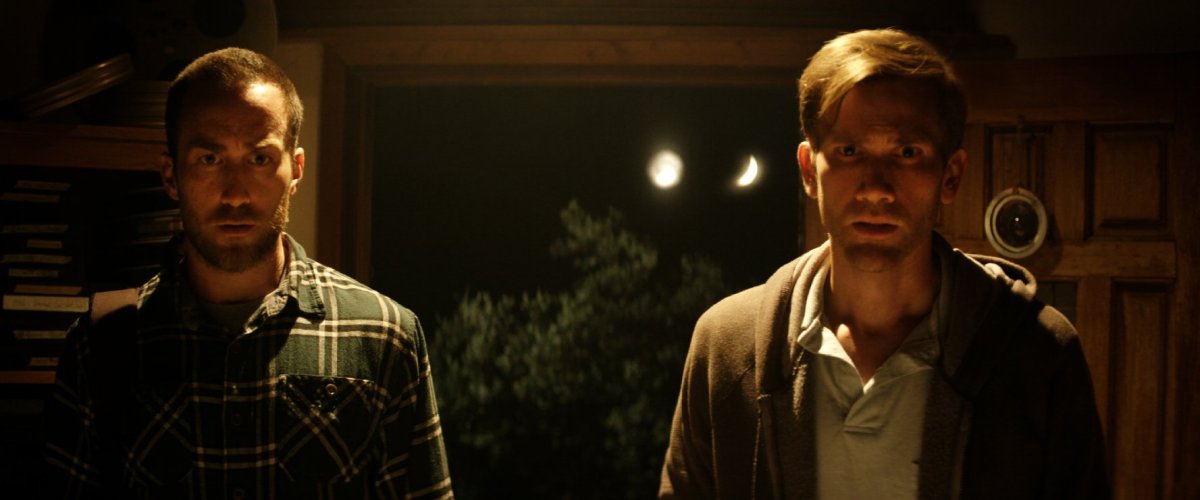
Having already established themselves as impressive innovators in the low-budget but high-concept realm of mumblecore sci-fi/horror films (2013’s Resolution and 2014’s Spring are must-see movies for genre junkies), the writer-director duo of Aaron Moorhead and Justin Benson present their most ambitious and riskiest move yet with The Endless.
The filmmaking pair behind the lens also take the two lead roles for this refreshingly unconventional trip through the twilight zone, as protective and skeptical older brother Justin (Benson) and younger, more unaffected Aaron (Moorhead) find themselves in a bit of a rut.
There’s a delicious irony that the two men find their present idle –– a professedly endless loop of shit jobs, junk food, and borderline bankruptcy –– plagued with a yearning to return once more to Arcadia. Jokingly but with a grain of truth referred to as “a UFO death cult” and one that, a decade prior the pair barely escaped, the arrival of a videotape tempting the brothers to return one last time, has them motivated once more. Will they journey back to the ashram out in the arid desert? Do you even have to ask?
There’s no one making films quite like Benson and Moorhead, who seem so well-suited to the manufacture of the juicy setup, the buddy-buddy banter, the allure of the forbidden, the draw of the dark, and the suggestion of what just might be beyond. This is, of course, what horror fans really want, with no skimping of the fun stuff, and that’s exactly what The Endless delivers. (Read Full Review)
5. 120 Beats Per Minute (Robin Campillo, France)
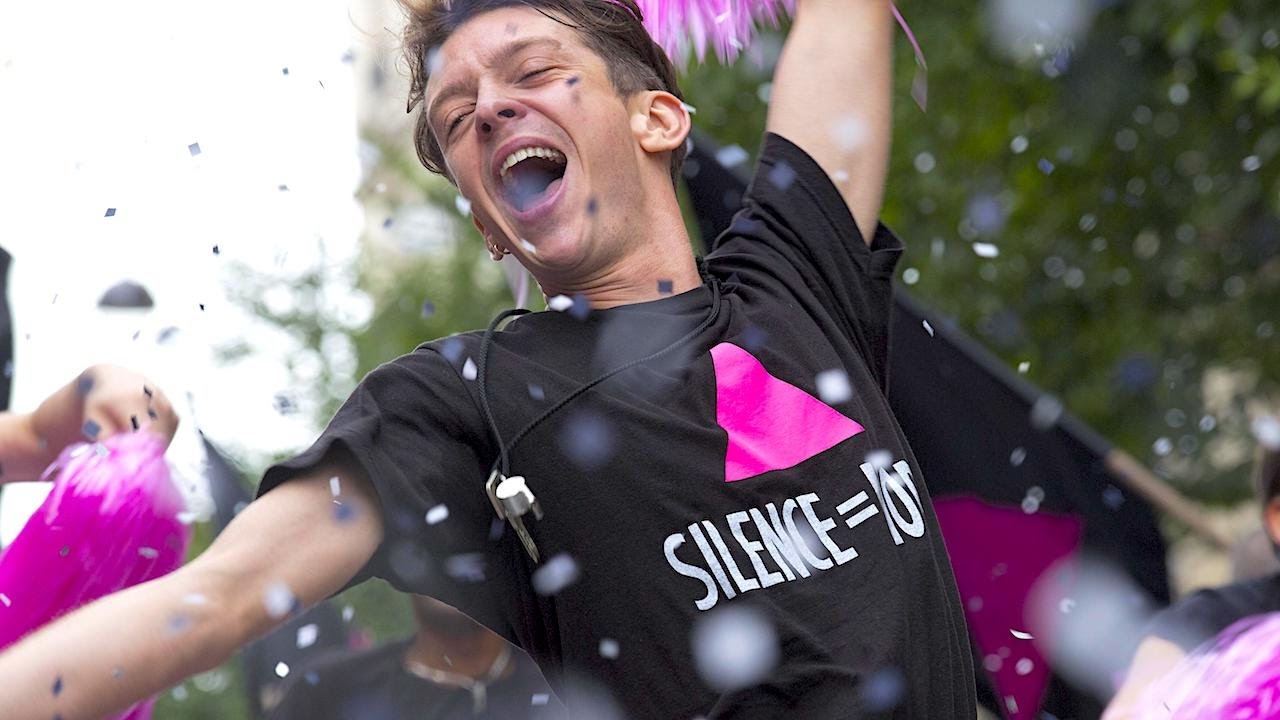
A fast-moving flight of exuberance and ecstasy set amidst the backdrop of AIDS ravaged France of the 1990s, this film is visually varied, intoxicating, romantically yearning, and tragically uptempo.
Directed by Robin Campillo, who also co-wrote the film along with Philippe Mangeot, drew largely upon their own experiences with advocacy and hospice as a part of the group ACT UP (AIDS Coalition to Unleash Power) in developing this compassionate, intelligent, and oft-times incredibly visceral story about homosexuality and the AIDS epidemic.
Shot like an existential docudrama, it’s sobering at the same time it’s celebratory, displaying tactile moments of anticipation and passion, humanity and hubris, as we attend handheld meetings where ACT UP plots affirmative action strategies and in-your-face educational campaigns with the immediacy and assumption of entering a theater of war.
A gay masterpiece, 120 Beats Per Minute is also an aching cinematic experience of universal love, loss, and struggle, intimately captured within a nurturing community. (Read Full Review)
4. Thirst Street (Nathan Silver, USA)
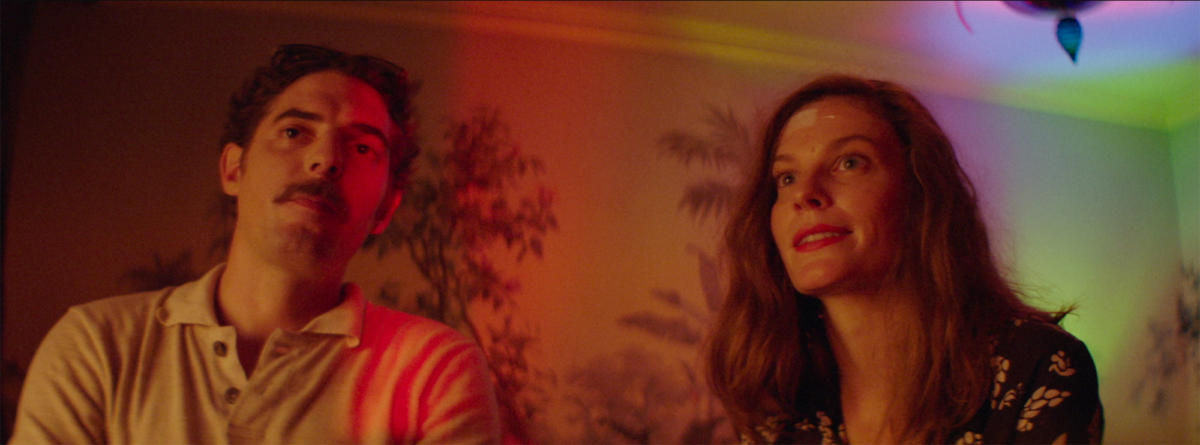
Initially, during the film’s pre-title preface the viewer is deftly launched into what feels like a keyed up Sirkian melodrama –– imagine, if you will, that Douglas Sirk did some hardcore street drugs –– before launching what nervously relaxes into an increasingly engaging, all the while unhinging, multicolored psychodrama. Sound like a trip? Trust me, Thirst Street really truly is.
Gina (Lindsay Burdge, brilliant) is an ill-fated American flight attendant in the throes of grief after having lost her love to suicide. Unable to cope and on the brink of emotional collapse, Gina finds herself with a night off in Paris where she meets the charming yet cheap gadfly, Jerome (Damien Bonnard). With a little booze and the bolstered confidence from a bribed fortune teller, Gina commits to an eager one-night stand, and here a new set of troubles are born.
Burdge is sublime as Gina, and her face can hold one hell of a close-up. Director Nathan Silver and his sterling cinematographer Sean Price Williams like to linger on Burdge, making much of Thirst Street unravel like a master class in cinematic portraiture, but that’s not all the maneuvers they’re interested in. Their visual roster includes a wealth of split-diopters, tiffany zooms, and surreal splashes of color.
As the imagery washes over the audience you’ll find stirring of moments Jesús Franco-like softcore, Old Hollywood schmaltz in a William Seiter vein (“…like something out of an old musical,” the narrator suggests), and the go for baroque kaleidoscopic overkill of Dario Argento and Mario Bava (the driving and propulsive score from Paul Grimstad also evokes feelings from their atmospheric horror films and thrillers). Is it too much? Maybe. Is it wonderfully explicit and overly expressive? Yes, absolutely. (Read Full Review)
3. Lucky (John Carroll Lynch, USA)
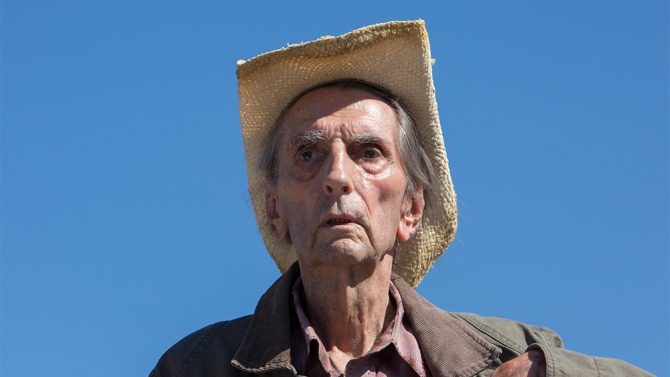
John Carroll Lynch’s generously incidental comic drama of valediction, Lucky is also the farewell performance of its star, the legendary Harry Dean Stanton.
Our eponymous hero Lucky (Stanton), is an aging, beloved, and nonconforming man about town who spends his time smoking, strutting, socializing, sipping milk, doing a strict daily yoga regimen, all while grooving on the full life as only he knows how to. At 90, Lucky may be outspoken, atheistic, and largely opinionated, but that in no way means he’s close-minded, curmudgeon-y, or devoid of spiritual belief and practice.
Lynch’s film is an alternately humbling and hilarious experience, predominantly driven by dialogue, and monologue, but never in a way that’s ostentatious or overdone. Sure this is the sort of film where nothing much happens plotwise, but it presents a good-humored, keen, and consistent pearl-on-a-string procession of conjecture and insight. (Read Full Review)
2. The Killing of a Sacred Deer (Yorgos Lanthimos, UK)
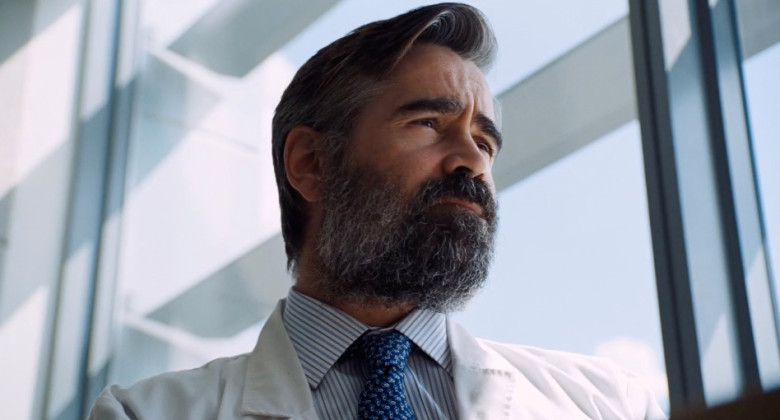
As unforgettable as it is unshakable, the fifth film from Greek filmmaker Yorgos Lanthimos, The Killing of a Sacred Deer, is an unsettling and transgressive domestic odyssey that astounds with its unrelenting menace and imaginative fluency.
Equal parts garish and gorgeous, this incendiary psychodrama tells the undone tale of renowned cardiovascular surgeon and recovering alcoholic Dr. Steven Murphy (Colin Farrell), overseer of an affluent home with a flawless family; a beautiful wife Anna (Nicole Kidman), also a medical professional; their 12-year-old son, Bob (Sunny Suljic); their 14-year-old daughter, Kim (Raffey Cassidy), even a spry pet dog.
Soon their pastoral idyll is disrupted by the presence of Martin (a creepy AF Barry Keoghan, channeling both Holden Caulfield and Alex Delarge), a 16-year-old friend and patient of Steven’s, with an unfortunate past that binds the two and will inevitably link their atrocious futures as well.
As The Killing of a Sacred Deer lurches forward, the evocative and poetic study of revenge that it conjures brazenly suggests that we, as witnesses, are the quarry just as much as the star-crossed Murphy ménage, and we are left with a meditative nightmare of kink and kin. This is a full-on horror film, make no mistake, but it’s also a bitter and jet-black masterpiece. (Read Full Review)
1. The Florida Project (Sean Baker, USA)
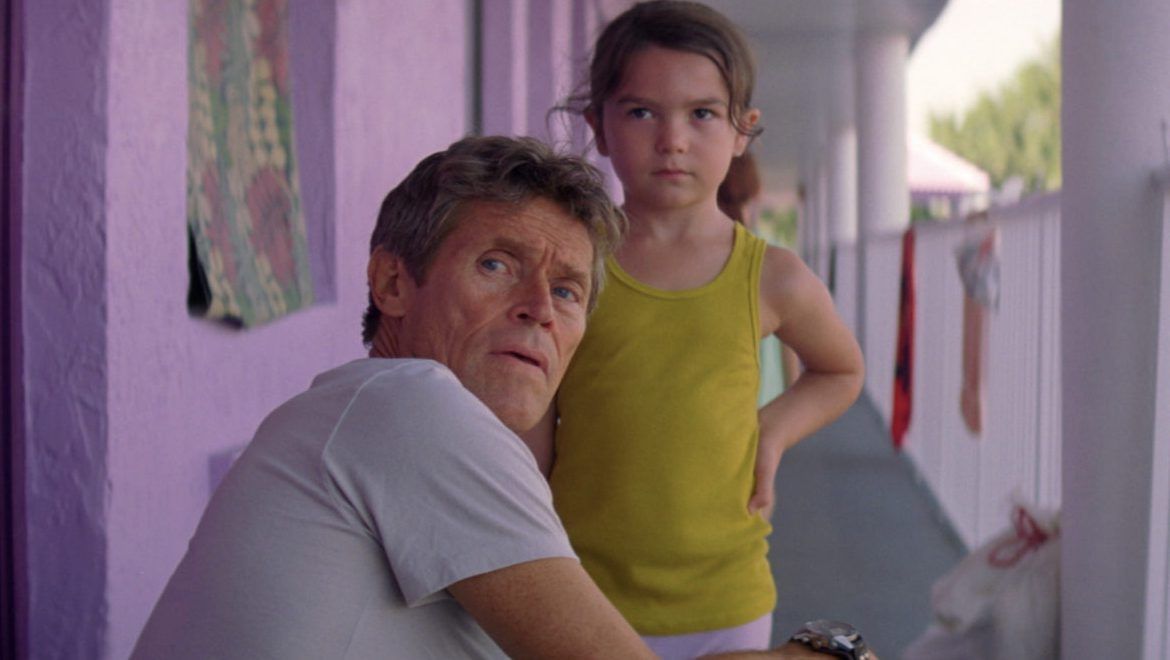
Sean Baker’s latest, The Florida Project, is a vivid tour-de-force film, which brings with it an illustrious new joie de vivre to the essentia of youth.
Set in a superannuated, and pastel colored corner of Orlando interstate, which Baker and cinematographer Alexis Zabe artfully reconstruct into a vibrant and gossamer-like playground that is guaranteed to warm the most jaded moviegoer’s heart.
Presenting a poignant portrait of childhood as lovingly glimpsed through the eyes of Moonee (Brooklynn Prince, stunning), a smart-alecky six-year-old being raised by her unruly young mother, Halley (Bria Vinai, also brilliant) during summer vacation. The mother-daughter duo live week to week at a seedy roadside hotel, “The Magic Castle,” which is managed by the compassionate but crusty patriarch, Bobby (Willem Dafoe).
Baker, somewhat in the tradition of François Truffaut’s oppressive childhood epic The 400 Blows (1959), presents an alternately endearing, upsetting, and occasionally romantically sentimental vision of tender age exploration and wonder on the serrated edge of adult misery and misunderstanding.
Moonee, with her ragtag and bobtail buddies find humor and hoopla amidst abandoned homes, derelict fields, ice cream parlor parking lots, and laundromats, and while the grownup world of booze-fuelled fist fights, and fornication is never far off, it’s also a star-distance away from the play and pleasures of a spirited childhood’s point of view.
Dancing amidst squalor, The Florida Project is an utter joy, a celebration of aspiration and spectacle that will long be remembered as one of 2017’s finest and most stunning films. Here, in this heartfelt sphere of empathic understanding and picaresque perception we see a childhood, a motherhood, and an America that’s both exhilarative and deeply profound. (Read Full Review)
Author Bio: Shane Scott-Travis is a film critic, screenwriter, comic book author/illustrator and cineaste. Currently residing in Vancouver, Canada, Shane can often be found at the cinema, the dog park, or off in a corner someplace, paraphrasing Groucho Marx. Follow Shane on Twitter @ShaneScottravis.